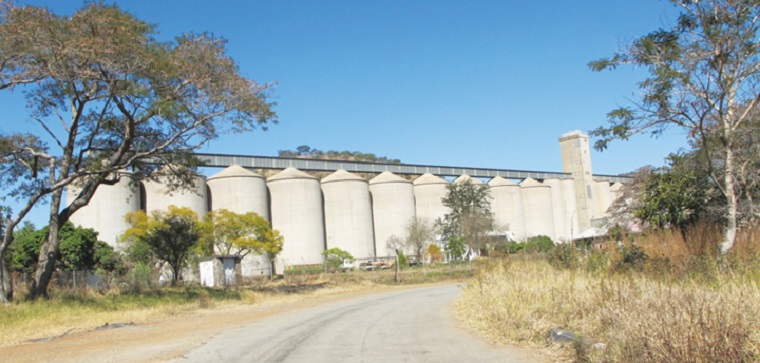 Zimbabwe is increasing its strategic grain reserve from 500 000 tonnes to 1.5 million tonnes, so it is working on ensuring that the Grain Marketing Board has the requisite infrastructure to accommodate the reserves, Lands and Agriculture Minister Anxious Masuka told Parliament last week.
Zimbabwe is increasing its strategic grain reserve from 500 000 tonnes to 1.5 million tonnes, so it is working on ensuring that the Grain Marketing Board has the requisite infrastructure to accommodate the reserves, Lands and Agriculture Minister Anxious Masuka told Parliament last week.
He was responding to a question from legislator Perseviarance Zhou who wanted to know what the government was doing to improve infrastructure at GMB depots, in view of the recent bumper harvest, as some did not have adequate infrastructure such as ablution blocks, weigh bridges and warehousing.
“Indeed, there is lack of basic infrastructure at some of the GMB collection points, I know that most of our GMB depots have the requisite infrastructure. For a long time we have not had a bumper harvest such as this one, for which we thank farmers,” Masuka responded.
“Government made a decision a while ago, the strategic grain reserve will be increased to 1.5 million tonnes physical stock from the current 500 000 tonnes.
“With it Cabinet approved a raft of measures including the adequate resourcing of the GMB to put up the requisite infrastructure to ensure that we are prepared for the future harvest. It is work in progress.”
Zimbabwe had enough strategic grain reserves in the late 1980s but was forced to liquidate them by the International Monetary Fund and keep cash instead. It has never been food secure since then.
According to Rupak Chattopadhyay, by 1986, Zimbabwe had almost two million tonnes of grain which was enough to feed the nation for three years.
Another report said Zimbabwe had enough traditional grains to last seven years.
But the IMF forced Zimbabwe to sell the reserves as part of the economic structural adjustment programme saying it was too expensive to keep the reserves because of the storage costs. The IMF said it was better to sell the grain and keep cash instead.
Zimbabwe complied and it has been facing food shortages since then as its local currency has been losing value since then.
Masuka also told Parliament that the country was headed for a record harvest of traditional crops which, he said, must not be called small grains any more.
He said as of Tuesday, 820 000 tonnes of grain had been delivered to the GMB including 75 000 tonnes of traditional grains.
“We are almost set to have a record traditional grains delivery. The highest ever delivery of traditional grains since 1980 was 82 000 tonnes and I think that by next week, farmers in Zimbabwe will have delivered the highest amount of traditional grains to the GMB in the history of the country since independence,” Masuka said.
(131 VIEWS)

